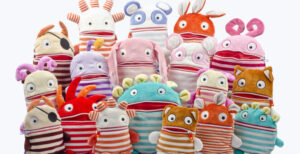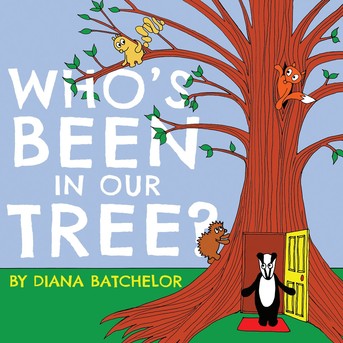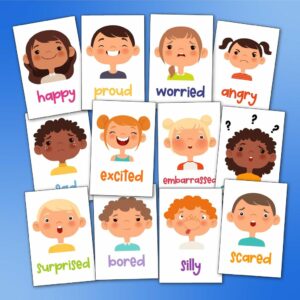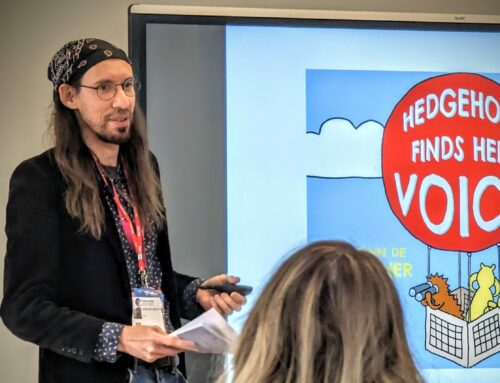If you’ve experienced crime it can be hard to find words to describe how you’re feeling.
As victim advocates working with young people, we believe it’s important to help you communicate your experiences in your own words, and in a way that makes you feel comfortable and safe.
In this post, we’ll be sharing 3 creative resources we use to help the children and young people we work with to feel listened to and move forward after crime.
1. Worry Eaters
Our colourful and cuddly worry eaters are ideal for primary aged children, but can also be used with older children and even adults.

The worry eater is a way to encourage you to write down or draw your worries and store them in the worry eater’s mouth. The worry eater’s mouth can then be zipped closed.
This activity can help you to express your feelings in your own words. It can also help to start bigger conversations that help you to talk about some of the other feelings you might experience after a crime.
2. Who’s Been in our Tree
An illustrated story developed at Victim Support telling the tale of Fox, Badger, Hedgehog and Squirrel, as they discover that someone has burgled their tree.

We use this book with parents, schools, and young people to help them to talk about the after effects of crime.
Burglary of any type is a big shock, and can have a huge impact on everyone who experiences it.
You probably know about burglary already, so the book is an easy way to talk about other emotions and ways of coping after the effects of burglary and other crimes.
There’s a chance you may have also experienced other types of crime too. So this book shows the importance of having a strong team of people who can support you.
You can learn more about the author and the science behind the book here: Who’s Been in Our Tree.
3. Feelings Flashcards
 Our feelings flashcards are a fun and creative way for parents and children to talk about different kinds of feelings.
Our feelings flashcards are a fun and creative way for parents and children to talk about different kinds of feelings.
They’re also a great way for young children to communicate their emotions without having to use words.
This resource encourages the idea that feelings are normal, that it’s okay to talk about them, and that everyone feels them at different times.
Summary
In all our work, we want children and young people to feel included, and safe to explore and share their thoughts and feelings.
Because of this, our specially trained practitioners love to come up with creative ideas and solutions that help build resilience and a sense of well-being.
Our worry eaters, the Who’s Been in Our Tree book, and the feelings flashcards, are just three examples of the tools we use to help children and young people who have been impacted by crime.
Written by John
. . .
If you or your child has been affected by crime then you can contact us via our live chat facility or call our Gloucestershire team on TN 0808 281 2446 (9am-8pm, Mon to Fri) for free and confidential advice.

